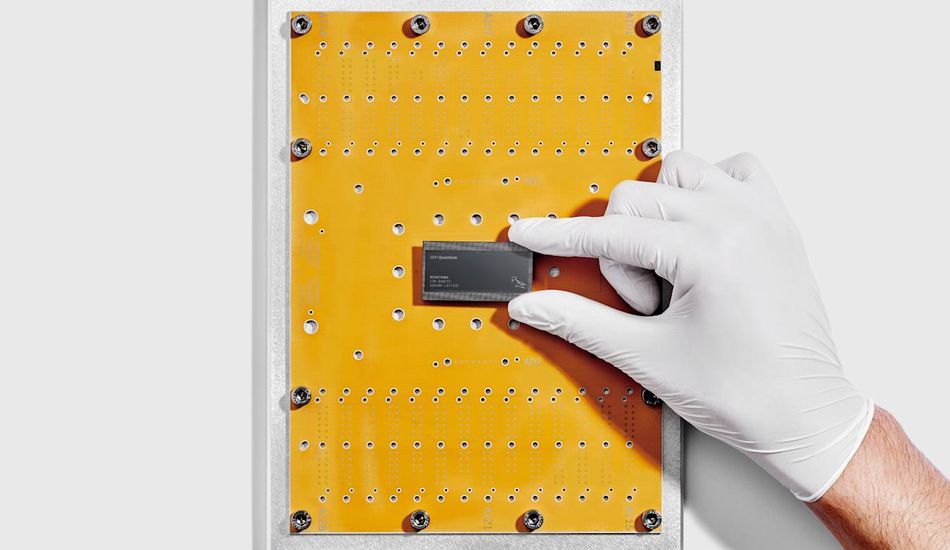
IBM Reveals Nighthawk and Loon: New Quantum Chips Aiming for Quantum Advantage
IBM's stepping up its quantum game with the unveiling of two fresh quantum chips, the Nighthawk and Loon. What's the big deal? Well, IBM thinks these chips could pave the way for achieving what's known as "quantum advantage" – essentially, quantum computers solving problems faster than traditional computers. The goal is to achieve this milestone before 2026.
The Nighthawk and Loon chips tackle qubit connectivity in different ways, aiming for fewer errors and more complex calculations. Of the two, IBM is particularly optimistic about Nighthawk's potential to reach that quantum advantage. The version rolling out to partners by the end of next year will boast 120 qubits, linked by 218 advanced couplers arranged in a square grid. This setup, according to IBM, should allow for circuits with 30% more complexity while keeping error rates down. Imagine handling computational problems that require up to 5,000 two-qubit gates!
The Loon chip is more experimental. What sets it apart is that it connects qubits both horizontally and vertically on the chip. This added connectivity translates to even fewer errors and the possibility of more complex computations, potentially unlocking new real-world applications for quantum computers. I find this approach quite innovative, as it explores different dimensions of connectivity.
Quantum Advantage Tracker
Adding to the mix, IBM is also contributing to a new quantum advantage tracker led by a community of experts, including Algorithmiq, researchers from the Flatiron Institute, and BlueQubit. This tracker will support experiments focused on observable estimation, variational problems, and problems with efficient classical verification. IBM is encouraging other researchers to contribute as well. It seems like IBM is trying to create an open and collaborative environment to push the quantum computing field forward.
The approach that IBM is taking, differs a little from some competitors. Instead of focusing on larger groups of qubits, it seems that IBM is more interested in connecting qubits together in smaller groups. I think this could be a winning strategy.
Source: Engadget